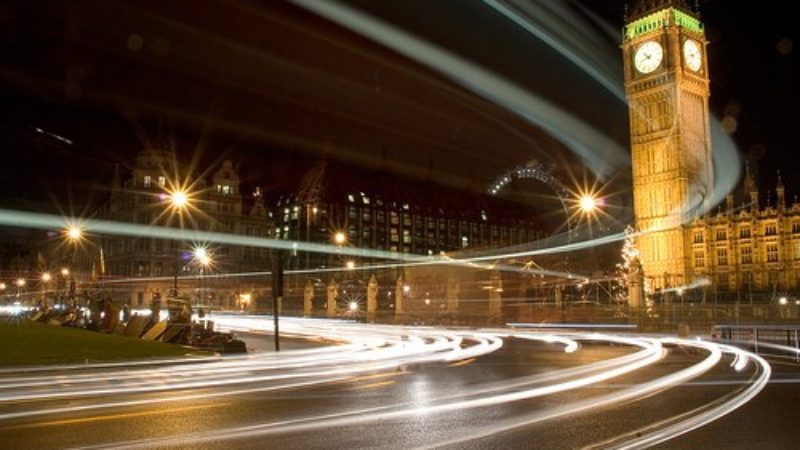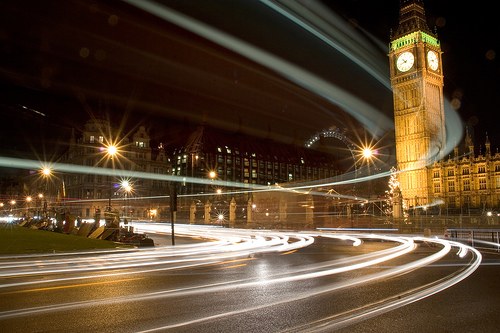

A prominent official on Labour’s ruling body has called on the party to return to open selections for parliamentary candidates before the next general election.
Alice Perry, who serves as a local government rep on the national executive committee (NEC), said party members should be able to “vote for their preferred candidates” as speculation intensifies the Tories could call another general election after ousting Theresa May.
Perry, a councillor in Islington, spoke out before a crunch meeting of the NEC at which officials are expected to discuss the process for picking candidates for winnable seats.
Her call comes after a series of constituency Labour Parties (CLPs) expressed anger over the imposition of candidates in the six weeks before May’s snap poll on 8 June. Sitting MPs and most candidates in non-Labour seats were simply put back in for the 2017 vote under the “exceptional selections procedure” while a series of small NEC panels chose candidates to replace retiring MPs in 13 safe seats.
Today Perry used a LabourList article to call for full rights of selection to be restored to local parties, action to ensure local candidates are not excluded from the process and increased measures to boost the number of female candidates.
“The discussions are in early days but, like many other NEC members, I am keen that local parties are able to hold selections with members able to vote for their preferred candidates. I would also like to see local parties able to make nominations to ensure people are fully engaged and popular local candidates aren’t overlooked,” she wrote.
“The NEC will also need to decide how many of the marginal seats are all-women shortlists. In order to achieve a gender-balanced PLP it has been suggested that at the very least 50 per cent of the marginal seats should be AWS [all women shortlists].”
The Labour Party has been approached for a comment.




More from LabourList
SPONSORED: ‘Industrial hemp and the challenge of turning Labour’s priorities into practice’
‘A day is a long time in politics, so we need ‘action this day’’
Strong support for child social media ban among Labour members, poll reveals